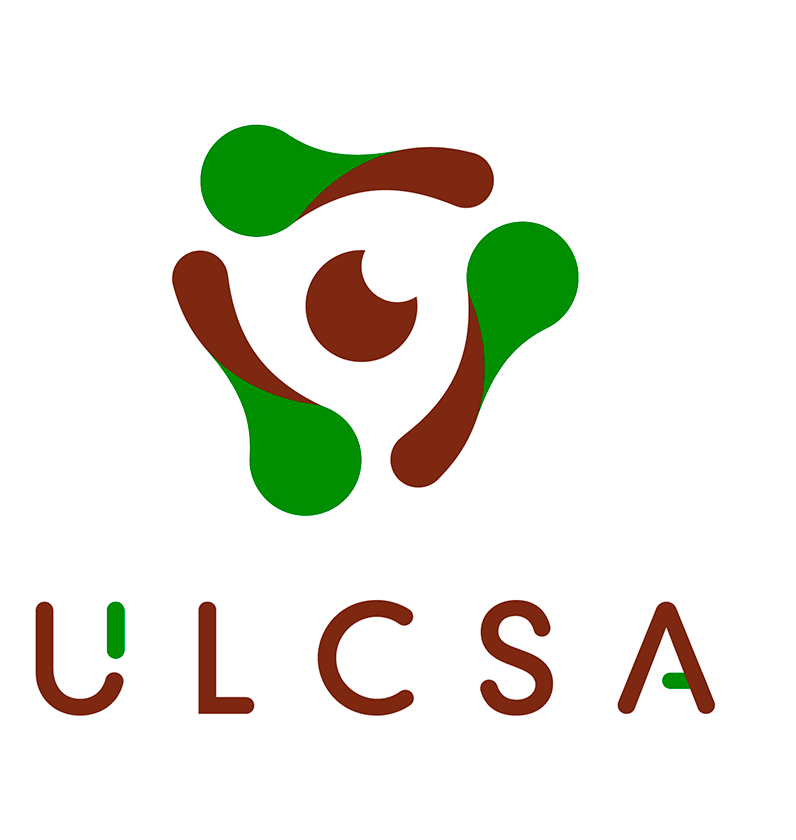
Cuban experts evaluated in Havana the possibilities of boosting the capacity of the Central Agricultural Health Laboratories Unit to diagnose and deal with zoonotic diseases and food safety with the use of nuclear techniques.
Havana, August 6 (RHC)-- Cuban experts evaluated in Havana the possibilities of boosting the capacity of the Central Agricultural Health Laboratories Unit to diagnose and deal with zoonotic diseases and food safety with the use of nuclear techniques.
Gladys López Bejerano, president of the Agency of Nuclear Energy and Advanced Technologies -AENTA-; and Yolanda John Pérez, technical director of the Central Laboratories Unit of Agricultural Health -ULCSA-, of the Ministry of Agriculture, led the meeting to analyze the technical cooperation between the two institutions.
The Cuban Network of Nuclear Communicators -REDNUC-, also informed that the specialists of the two sectors took into account the opportunities for collaboration offered by the International Atomic Energy Agency.
The latter would be, he added, through the National Program Framework for cooperation with Cuba, and in the Regional Cooperation Agreement for the Promotion of Nuclear Science and Technology in Latin America and the Caribbean -ARCAL.
The Central Agricultural Health Laboratories Unit is attached to the central body of the Ministry of Agriculture and its mission is to coordinate and control the work of the network of central laboratories and the corresponding scientific-technological services.
In general, it has 21 facilities, including the National Laboratories for Food Hygiene, Veterinary Diagnostics and Parasitology; the State Control Laboratory; the Reference Laboratory for Beekeeping Research and Health; and the Central Laboratory for Plant Quarantine, in addition to all the territorial and provincial Animal Health Laboratories, and the only municipal laboratory located on the Isle of Youth.
RECNUD highlighted the importance of the fact that the official laboratories of 17 countries of the region presented the Data Exchange Committee of the Analytical Network of Latin America and the Caribbean to guarantee food safety in national and regional markets and facilitate the international trade of food products.
The Committee is an initiative of the United Nations Food and Agriculture Organization-IAEA Joint Centre for Nuclear Techniques in Food and Agriculture, based in Vienna, Austria, and is part of an ARCAL project to strengthen regional collaboration among its facilities and address food safety.
Representatives from Argentina, Belize, Bolivia, Brazil, Chile, Colombia, Costa Rica, Cuba, Dominican Republic, Ecuador, Honduras, Mexico, Nicaragua, Panama, Paraguay, Peru and Venezuela agreed in their statement on their intention to collaborate closely in the exchange of quality analytical data to improve risk assessment within the framework of the Committee.
The Data Exchange Committee will contribute to the availability of high quality data on chemical contaminants in food that will allow risk analysis and scientific evidence for decision-making based on reliable information.
Cuba's representatives to the Committee are Marieta S. Rivera Corona, technical manager of the National Food Hygiene Laboratory of the ULCSA; and Isis Fernández Gómez, head of the Environmental Radiological Surveillance Laboratory of the Center for Radiation Protection and Hygiene, belonging to AENTA.

